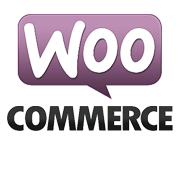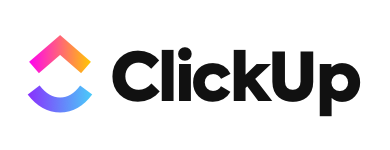I Built A Profitable Website That Helps People Create Presentations
Hello! My name is Paul Jansen, 38 years old, from the Netherlands, and I’m the founder of Graphue.
11 years ago I finished university and decided that I was not going to work for a boss. I had already dipped my toes in online business when I was 13 when I started an online dating platform. It was 1996 and to my knowledge, online dating didn’t exist back then in the Netherlands, so I convinced two friends with some developer skills to get in business with me. We started this online dating platform...which failed miserably.
Fast forward to 2010, when a friend told me about this wonderful concept called affiliate marketing. Since I can remember, I was looking for ways to make money the lazy way, and this concept of making money while not having to deal with inventory all blew my mind.
We went into business together and started an affiliate newspaper subscription website. Pretty soon I found out that we needed to drive traffic with SEO if we wanted to make passive income, so I devoured everything about SEO that I could get my hands on and optimized the website. The website did take off after a few months and was indeed very passive (SEO was quite easy back then!).
With enough time on my hands, I started to look for new business ideas and...


























